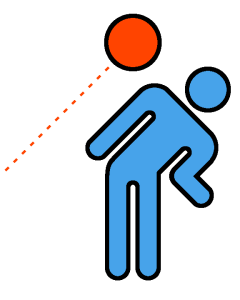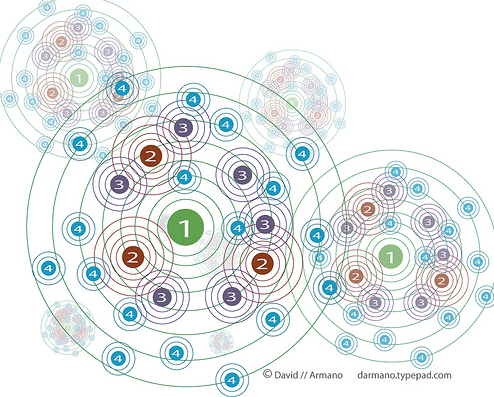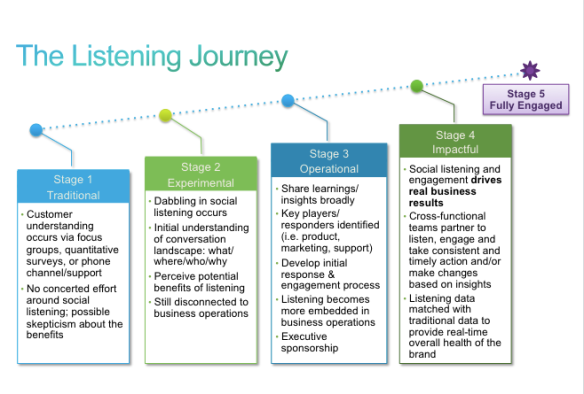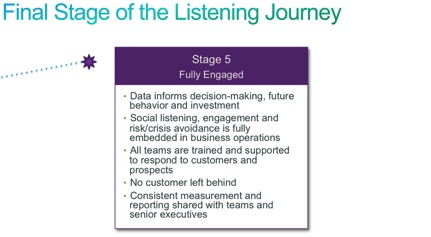Originally I was going to write about how NFL players not playing this past Sunday were tweeting during the NFC championship game about how Quarterback Jay Cutler seemed to NOT want to go back in the game because of a perceived injury to his knee, how he was not tough, how he was soft, how he lacked heart. Little did they know that he was actually hurt. They were reacting more to his body language, to what the camera showed us or by what was being said or not said during the telecast. Little did they know that thousands were reading what they were tweeting.
I was going to talk about how the players NOT PLAYING tweeted things I’m sure in hindsight they wish they could have taken back about one of their peers. How they didn’t know the impact this was going to have. How Jay Cutler couldn’t even defend himself given that the game was going on. It was compounded by how quickly it became viral over the course of the next 24-48 hours. Some players retracted what they said through additional tweets AFTERWARDS but the fact of the matter was that the tweets are there to be seen, searched and read by thousands. FOREVER!
Well if this authority figure or this well known former or current player said it or thought it or tweeted it, it must be right? It must be true. Right???
Yep I was going to talk about how athletes should be careful of what they say about themselves or others especially on social networks. Until it happened to me. This is one of those valuable lessons that includes more than public figures. It’s about you and me and how we treat others. And I feel awful about it. Let me give you a quick background.
I joined a private group in Facebook. It was a fun irreverent group of like minded professionals initially talking about the stuff, the challeneges , and the issues we face every day. But the tone of the group slowly shifted or evolved into something I didn’t really recognize anymore. I felt somewhat uneasy about the change and actually thought about leaving the group prior to; but I still fired up the machine to see what was being talked about and to contribute.
What happened was I got caught up in the bashing of a colleague and peer who I have respect for. He wasn’t there to defend himself. He wasn’t part of the group. It wasn’t fair. It’s one thing to critique a blog post-Hey we all write crappy ones from time to time, but taking it down a notch was not fair. I didn’t defend him, I joined in and kicked him too! It was there for people to read and comment on what I said. Most didn’t notice but I did. It’s bothered me ever since. I know better. Not just the fact that it was on a social network but this has to do with civility and respect.
Afterwards, a good friend who was there and who actually defended this person, took the time to point out to me that I was better than that. She was right. I just wish I had realized it before. Sure it was in a private Facebook group but I can’t take back what I did and naming names does me or this blog post no good, but there’s a valuable lesson here. It’s one in which I’ve told companies about and probably fuels a lot of their trepidation of social media engagement.
Once it’s out there, it’s out there for everyone to see. It’s in ink not pencil
Sometimes, the hardest lessons are the ones you have to experience first hand. The NFL players who tweeted about Jay Cutler probably wish they could take back what they said, and so do I. It’s not part of what I am about. I can do better. I apologize. Like I said, there are no take backs in social media.











